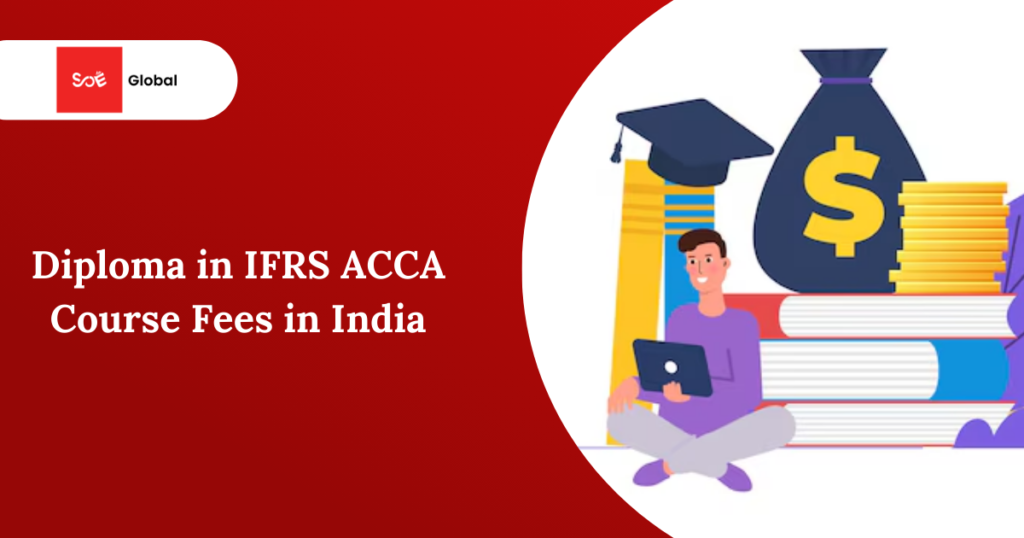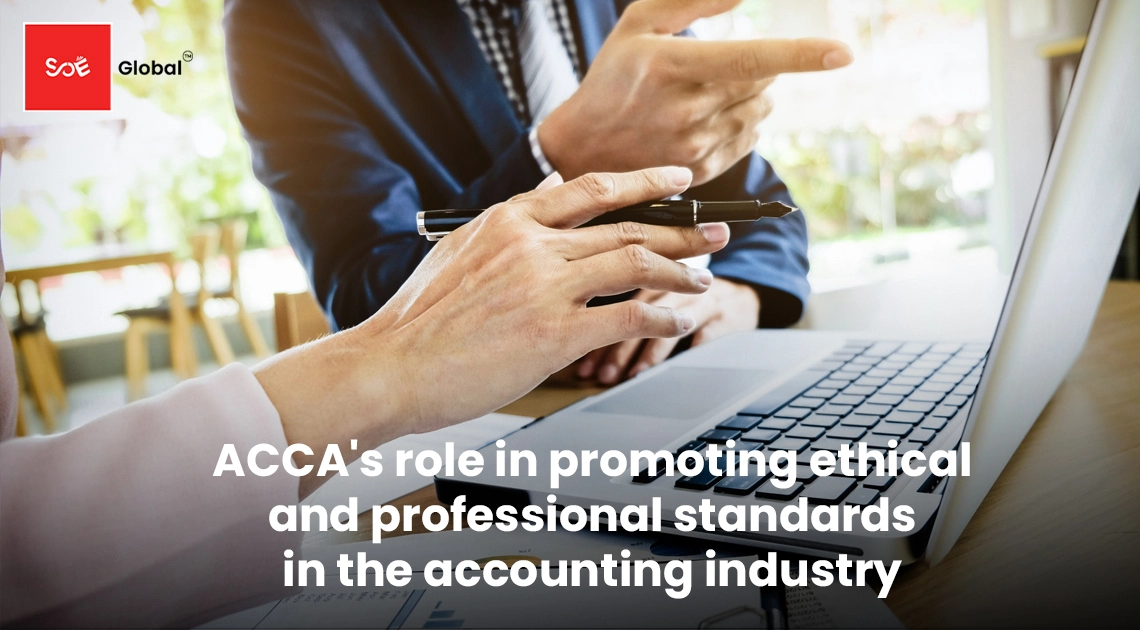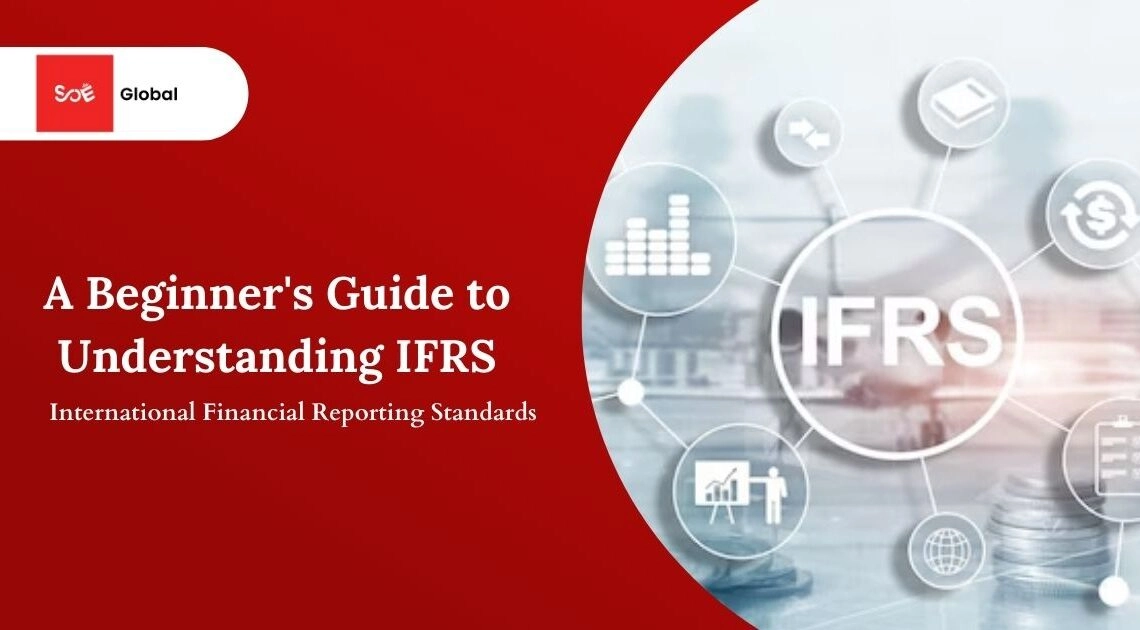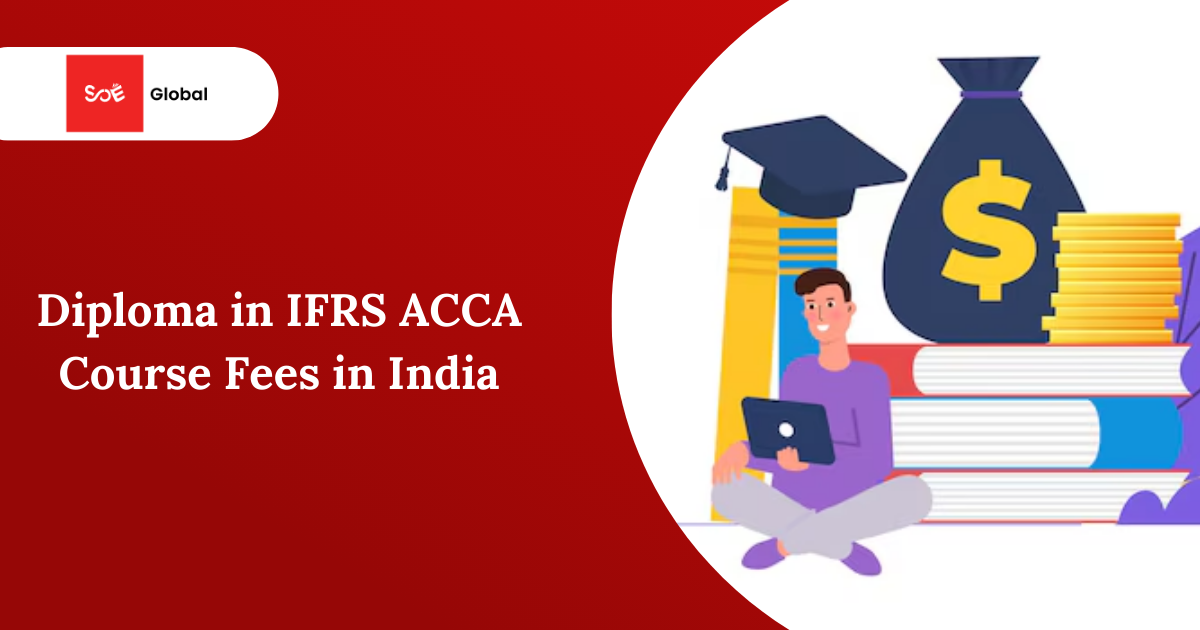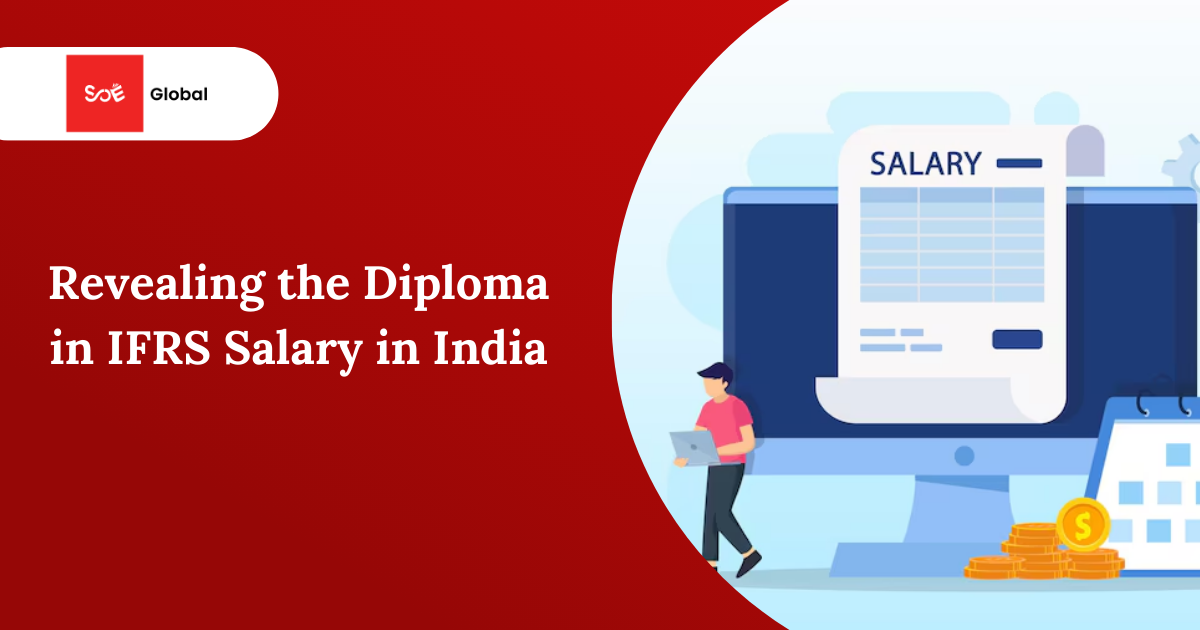In the new world of international finance, IFRS assumes an important role and ensures transparency, accountability, and comparability in the financial statements of cross-border firms. With the ever-increasing trend of internationalization of business, the need for qualified professionals with knowledge of these standards has increased multifold. In addition, the Diploma in IFRS ACCA is not only worth the qualification but a prerequisite to anyone who’s entering advanced jobs in finance and accounting. Strong international accreditation keeps this curriculum extremely sought after.
Course Summary
The Diploma in IFRS ACCA is articulated to give deep knowledge about the IFRS framework and its application of it in real situations. Here is a step-by-step outlining what the course entails:
Comprehensive Course Structure and Content
The Diploma in IFRS ACCA is structured to provide broad knowledge of the International Financial Reporting Standards, providing real-world practical applications. Here is an explicit breakdown of the course content:
1. Introduction to IFRS
Overview of IFRS: Understand how IFRS’s development, objectives, and core elements have shaped transparency and comparability in financial reporting.
Conceptual Framework for Financial Reporting: You’ll learn about the conceptual framework that underpins IFRS, including definitions for such key terms as assets, liabilities, equity, income, and expenses.
2. Key IFRS Standards
This module goes about standard IFRS, these being IFRS 1 (first-time adoption), IFRS 9 (financial instruments), IFRS 15 (revenue recognition), IFRS 16 (leases), IFRS 10 (consolidated financial statements), and IFRS 12 (interests in other entities) and relate their requirements and implications for financial reporting.
3. Preparing Financial Statements
Presentation of Financial Statements (IAS 1)
Learn the structure and content required for financial statements, including balance sheet, income statement, and cash flow statement.
Learn the importance of the statement of changes in equity.
Notes to the Financial Statements
- Analyze how the use of notes adds meaning and supplementary information to the basic financial statements.
- See how to report significant accounting policies and judgments.
4. Interpretation and Analysis
Analysis of Financial Statements:
- In order to acquire expertise in how to apply ratio analysis and trend analysis as an explanatory tool of performance and financial health.
- Study significant financial ratios, namely, the liquidity, profitability, and solvency ratios.
5. Practical Application
Case Studies and Real-World Scenarios:
- Interact with real-world case studies that depict the application of IFRS standards within different industries.
- Discuss and solve problems in groups for better learning.
Mock Exams and Assessments:
- Practice the actual test through good exam practice by practicing on mock tests designed to mimic the exam environment.
- Offer review of their performance to let them know where they should improve.
The course is designed in a manner that the students will not only be provided with a sound theoretical base but also with practical skills concerning the application of IFRS in reality. Participants at the end of the course would have been adequately prepared so that they may prepare, analyze and present financial statements properly in compliance with IFRS requirements thus making them an asset to any finance-related role.
Course Fees in India
When taking into account the diploma in IFRS ACCA fees in India, one should note that the cost structures are going to be different. Generally, the fees rely on the institute and the mode of study. On average, the diploma in IFRS ACCA fees in India range between ₹ 30,000 and ₹ 60,000.
Cost Structure Detail
Tuition Fees: It incorporates the instructional costs and availability of course materials.
Registration Fees: This is one-time charges that covers enrollment into the course; one can expect to pay anything ranging from ₹3,000.
Exam Charges: The charges for every sitting of the exam can cost as much as ₹5,000.
Study Materials: There is usually the cost of study materials. The textbooks, online resources, and all other extra work will be between ₹10,000 to ₹15,000.
Additional Workshops: In some institutions, additional workshops or seminars may be provided and will cost extra.
Comparison with Other Similar Courses
While being true that the ACCA fees for an IFRS diploma in India run costlier as compared to perhaps a number of other accounting qualifications, value received is huge. An ACCA diploma carries a focused advantage of an internationally recognized qualification wherein emphasis is accorded to practical application of IFRS standards. This can surely boost your employability potential in the global finance arena.
Other Fees to Expect
Above your degree in IFRS ACCA cost in India, you should budget for some other costs that may come in handy to you in pursuing your studies:
Registration Fee: The amount stands at ₹5,000 that can get pretty expensive in case you will have to sit more than once.
Study Pack: This attracts around ₹10,000 to ₹15,000 for books among other study packs.
Extra resources: Online courses, workshops, or even a one-on-one session to gain a deeper understanding, which will cost anywhere from ₹2,000 to ₹10,000.
Why SOE Global for Your IFRS Journey?
Doing your Diploma in IFRS ACCA with SOE Global is an absolutely superior experience. Keep reading to know why it is out of the league:
Overview of IFRS Training Programs at SOE Global
- Expert Faculty: The faculty consists of industry veterans who have many years of experience in IFRS and financial reporting. Their insights bring more realistic viewpoints in the class, further enhancing learning.
- Comprehensive Curriculum: These training programs are well-thought-out to cover every angle of IFRS, ensuring that the students are adequately equipped for the exams as well as practical applications in their employment.
Flexible Payment Plans and Financial Support
To manage the financial liability, SOE Global offers flexible modes of payment. These include:
- Installment Plans: The fee can be paid through the regular installment and is not economically burdened much.
- Scholarships and Financial Aid: SOE Global believes in education access and offers additional discounts for candidates to deal with costs effectively.
SOE Global is not an enrollment for a course; it’s an investment in yourself and your future. The really comprehensive training, the professional guidance, and the available financial flexibility could be improved over such a learning experience with prospects for more career improvement.
